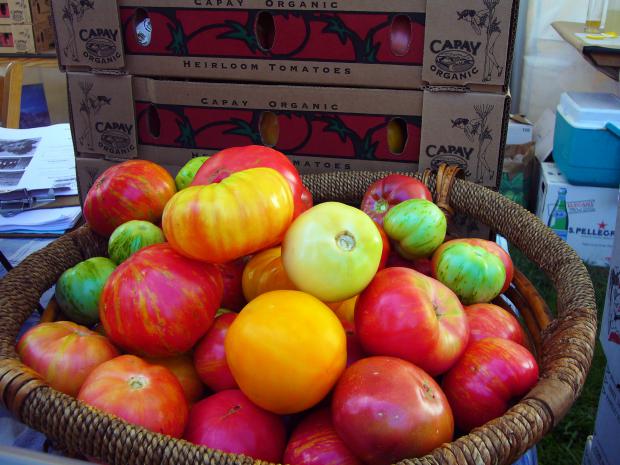
As MN food safety managers we are trained to create a safe eating experience for our guests. In the strictest sense, that means delivering food safe for human consumption. But sometimes we become so focused on one issue that we don’t see the 246 ton fire breathing dragon in the room! As owners and managers of a public gathering place we have additional safety responsibilities to both guests and employees. That’s why Safe Food Training has asked, Scott Futrell, a local fire protection consultant to discuss some of the fire safety issues owners and managers should consider. This is the first in a series of blogs that will explore fire safety in the food preparation environment.
Don’t overlook fire safety in your kitchen and restaurant.
According to the National Fire Protection Association, between 2006 and 2010, fire departments in the United States responded to an average of 7640 structure fires per year in eating and drinking establishments. That is almost twenty-one fires every day. Annually these fires cause two civilian deaths, 115 civilian injuries and $246,000,000 in direct property damage. That does not include business interruption losses. Fifty-seven percent of these fires involve cooking equipment. Seventy-one percent of the fires remain relatively small and the failure to properly clean was a factor in twenty-one percent of the fires.1
In Minnesota, in 2014, 166 structure fires in Public Assembly Properties were reported and 44% of those were in the kitchen/cooking area.2
What can you do to protect your investment or your facility?
In future blogs we’ll explore these general topics in more detail.
If you have any questions about fire safety in the food preparation environment that you would like Scott to discuss leave a comment.
ABOUT THE AUTHOR: Scott A. Futrell, PE, FSFPE, CFPS, SET, CFEI, is a fire protection consultant with Futrell Fire Consult & Design, Inc., in Osseo, Minnesota and has over 40 years’ experience designing, specifying, and investigating fire protection system related losses. He is a Fellow in the Society of Fire Protection Engineers, co-author of “Designers Guide to Automatic Sprinkler Systems”, and can be reached by e-mail at: scottf@ffcdi.com, or visit www.ffcdi.com.
2 State Fire Marshal, Fire in Minnesota 2014





